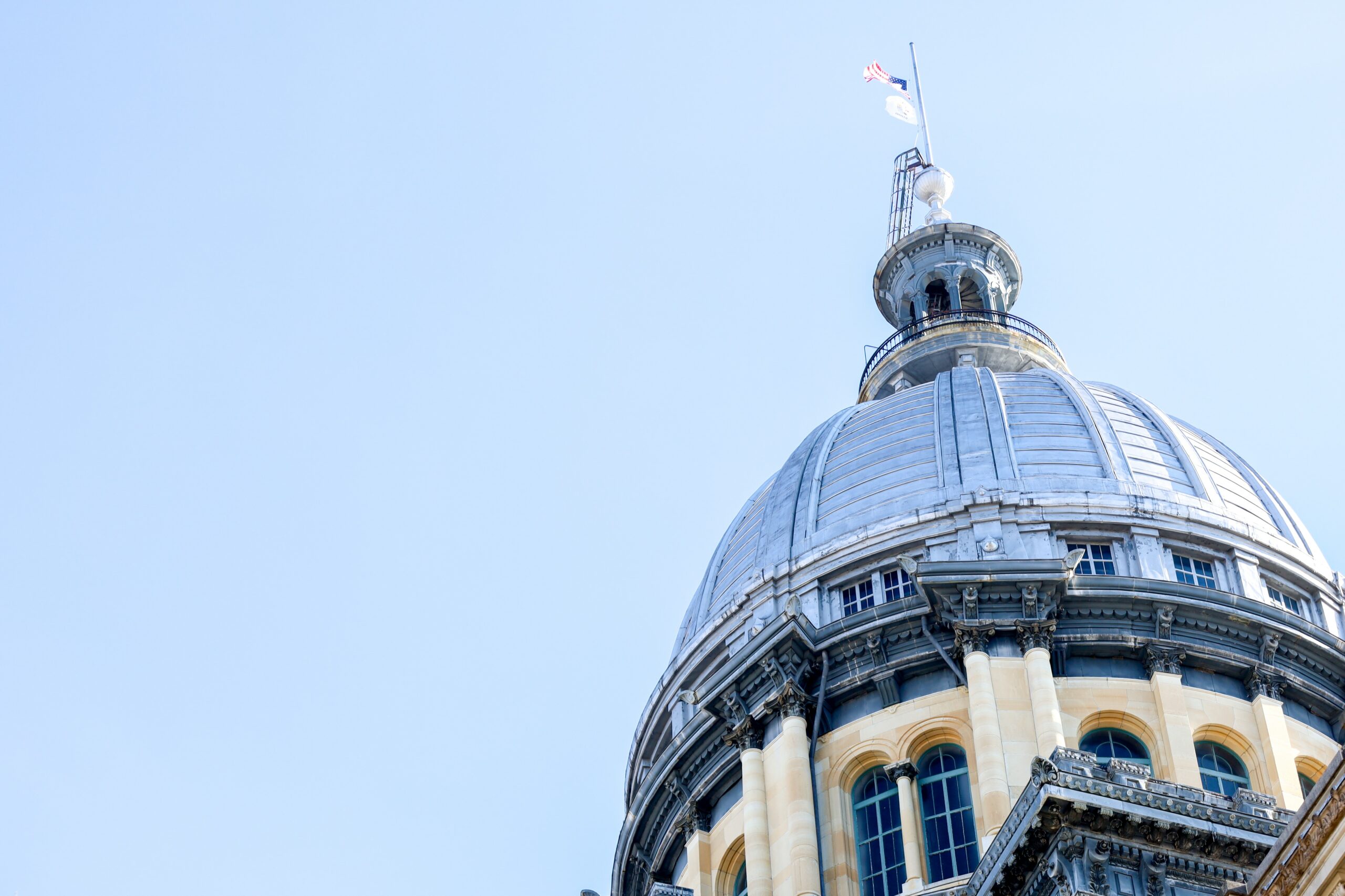Illinois Legislative News: May 6, 2024
Third Reading Consulting Group
Election Omnibus Bill
On Wednesday, Democrats in the Illinois House of Representatives filed HFA 2 to SB 2412, creating an election omnibus bill with three major provisions. Firstly, it changes election rules for filling ballot vacancies. Current state law offers three opportunities for a major party candidate to reach the General Election: (1) they can circulate petitions and win their primary, (2) run as a write-in candidate and win their primary, or (3) wait until after the primary occurred and be appointed to the ballot by local party chairs. The third option, known as “slating,” has been used by both parties in the past to appoint strong candidates while avoiding the campaign costs of the traditional electoral system. SB 2412 bill would eliminate slating for legislative offices effective immediately, a stipulation that would prevent either party from using the tactic before the November 5 general election.
Next, SB 2412’s places three statewide non-binding advisory referenda on the 2024 general election ballot. The Election Worker Protection and Candidate Accountability Referendum Act would ask voters if candidates interfering with an election worker’s official duties should be subject to civil penalties; the Property Tax Relief and Fairness Referendum Act would ask if the Illinois Constitution should be amended to create an additional tax on income exceeding $1M to fund property tax relief; and the Assisted Reproductive Health Referendum Act would ask if all medically appropriate assisted reproductive treatments, including in vitro fertilization, should be covered by any health insurance plan that covers pregnancy benefits. State law limits the number of referenda on a statewide ballot to three per election. SB 2412 would use all three referenda slots, preventing other interests from having their referenda questions appear on the ballot in November.
The bill’s final provision would extend the period for gathering candidate petition signatures by 28 days, so that the process begins in August rather than September.
HFA 2 was filed by House Assistant Majority Leader Jay Hoffman (D-Swansea) on Wednesday and quickly passed on the House floor by a vote of 64-4-40, with all the Republicans voting “present” in protest. All but seven Democrats voted in favor of the legislation, with four voting “no” and three not voting. The Senate passed a concurrence motion on Thursday, by a vote of 35-3-18, with the Republicans once again voting “present” and three Democrats voting “no.” Gov. Pritzker signed the bill into law on Friday, becoming Public Act 103-586.
Chicagoland Transit Agency Merger Proposal
State legislators proposed a plan to merge Chicago’s three transit agencies and their parent organization into a single entity and provide $1.5B in additional state funding for the proposed entity. HB 5829 and SB 3936 would create the Metropolitan Mobility Authority, encompassing the current Metra commuter rail agency, Pace suburban bus agency, the Chicago Transit Authority (CTA), and their parent Regional Transportation Authority (RTA). The bill would also create an Office of Transit-Oriented Development and seeks to have the state enact California’s zero-emission vehicle requirements, among other provisions. HB 5828 and SB 3938 are companion appropriations bill providing the proposed Metropolitan Mobility Authority with $1.5B in funding from the state.
The new agency would be overseen by a board of 18 directors and a chair. The Governor of Illinois would select three members; the Mayor of Chicago and President of the Cook County Board would select five members each; and the Chief Executives of DuPage, Kane, Lake, McHenry, and Will Counties would select one member each. The 18 directors would then select a chair from outside of the board. Six non-voting members would also attend board meetings, representing people with disabilities, labor unions, and broader business interests.
Furthermore, the bill addresses a looming projected funding shortfall for the RTA. Beginning in FY 2026, the RTA could face a $730M annual budget gap, assuming current service levels are maintained regionwide. This funding gap already exists today, but the transit agencies are still being propped up by federal pandemic relief funds which will run out at the end of FY 2025. The transit system’s funding cliff has grown as ridership and farebox collections remain below pre-pandemic levels. For example, through the first two months of 2024, the CTA had about $157M in public funding, while its operating expenses were nearly $317M. With a projected FY 2026 funding gap of nearly 20% of the annual expense budget, without any action, the RTA could be forced to drastically cut current service and delay further improvements to the system.
Supporters argue that merging the separate transit systems into one centralized agency would reduce “zero-sum” competition for limited resources, streamline strategies and service goals, improve operational efficiency, and save as much as $250M per year, according to a recent Civic Federation report. RTA, Pace, and Metra officials said they were reviewing the proposed legislation and welcomed future discussions on the plan. Both Pace and RTA representatives additionally emphasized the need for more funding to maintain their current service. CTA officials have yet to comment.
Given that it was just introduced, the transit merger proposal is not likely to be passed before the end of the 2024 regular session of the Illinois General Assembly. It could be considered in fall veto session, January 2025 lame duck session, or the 2025 regular session.
Important Upcoming Dates – Statewide
May 3 – Opposite Chamber Committee Deadline
May 17 – Opposite Chamber Third Reading Deadline
May 24 – Adjournment
May 25-31 – Contingent Session Days for Budget
November 5 – 2024 General Election

